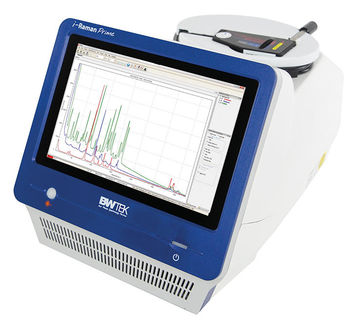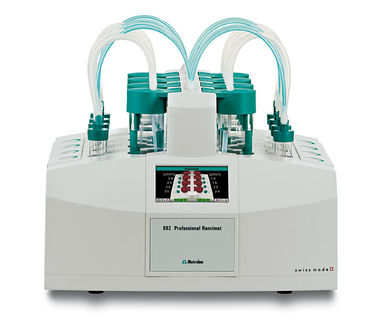To use all functions of this page, please activate cookies in your browser.
my.chemeurope.com
With an accout for my.chemeurope.com you can always see everything at a glance – and you can configure your own website and individual newsletter.
- My watch list
- My saved searches
- My saved topics
- My newsletter
Acetylcarnitine
Acetyl-L-carnitine or ALCAR, is an acetylated form of L-carnitine. ALCAR has been claimed to be superior to normal L-carnitine in terms of bioavailability. However, at least one study has suggested that the acetylated form may have a lower oral bioavailability.[1] Product highlightIt is claimed that ALCAR provides several benefits. Advocates of acetyl-L-carnitine market it as a life extension supplement. There may be some benefit in cases of end stage renal disease or peripheral arterial disease.[2] When supplemented alongside Lipoic acid, ALCAR appears to reverse some of the damage to mitochondria associated with aging.[3] The percentage of L-carnitine that is absorbed when taken via oral supplementation is much lower than that from food sources. In one particular study, it was shown that approximately 20% of orally supplemented L-carnitine is absorbed, with a bioavailability of roughly 15%, as compared to a bioavailability of between 60% and 75% when absorbed from food.[4] Choline supplementation may lead to increased L-carnitine retention.[4] ALCAR supplementation has been shown to be neuroprotective in instances of cerebral ischemia,[5] periphiral nerve injury,[6] and to be beneficial in the treatment of Parkinson's disease in animals.[7] ALCAR supplementation has also been shown to reverse syptoms associated with mental decline in the eldery.[8] ALCAR is being researched in the treatment of Alzheimer's disease.[9] References
Other reviews
Categories: Dietary supplements | Quaternary ammonium compounds |
||||||||||||||||||||||||||||||||||||||||||||||||||||
| This article is licensed under the GNU Free Documentation License. It uses material from the Wikipedia article "Acetylcarnitine". A list of authors is available in Wikipedia. | ||||||||||||||||||||||||||||||||||||||||||||||||||||







